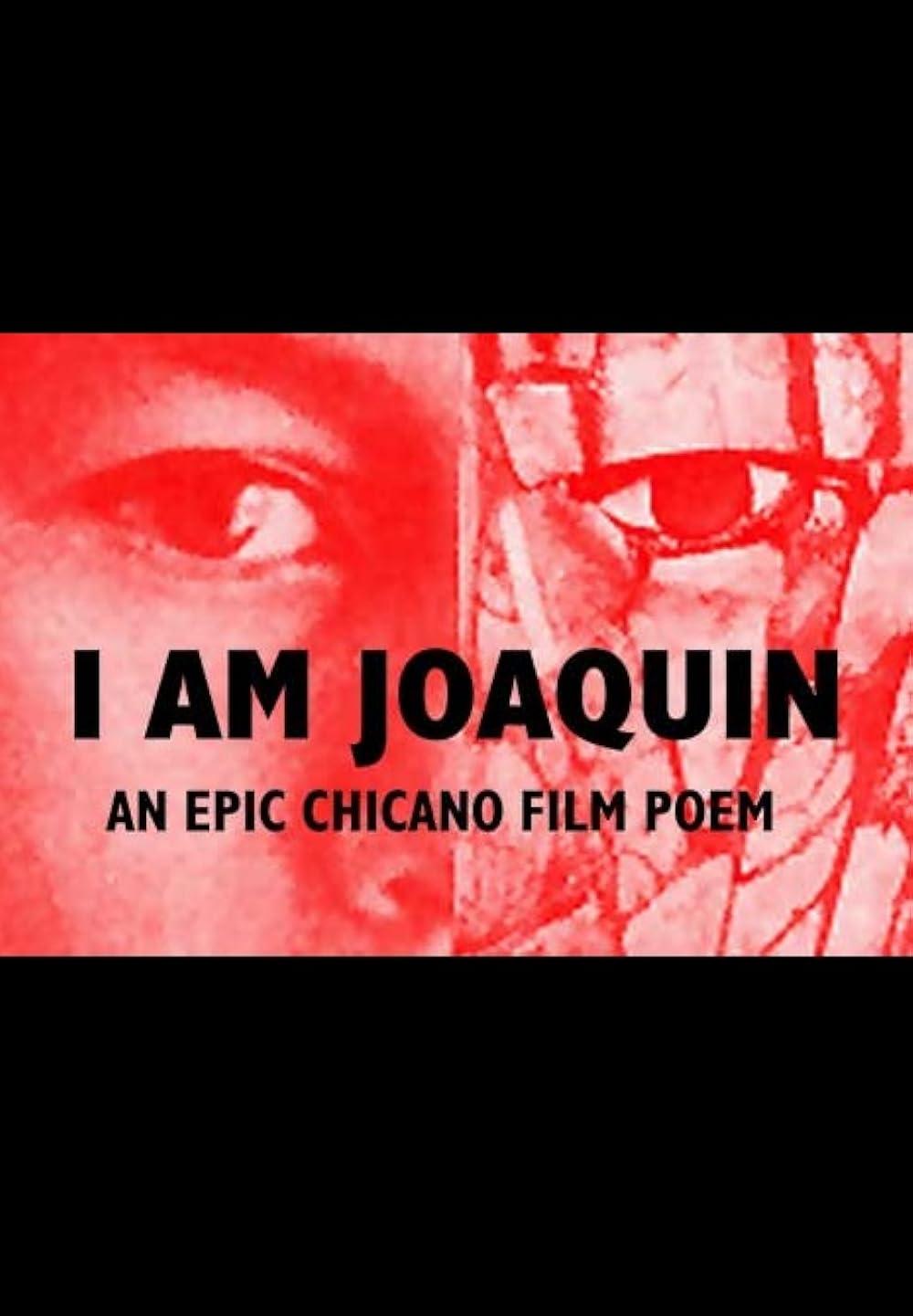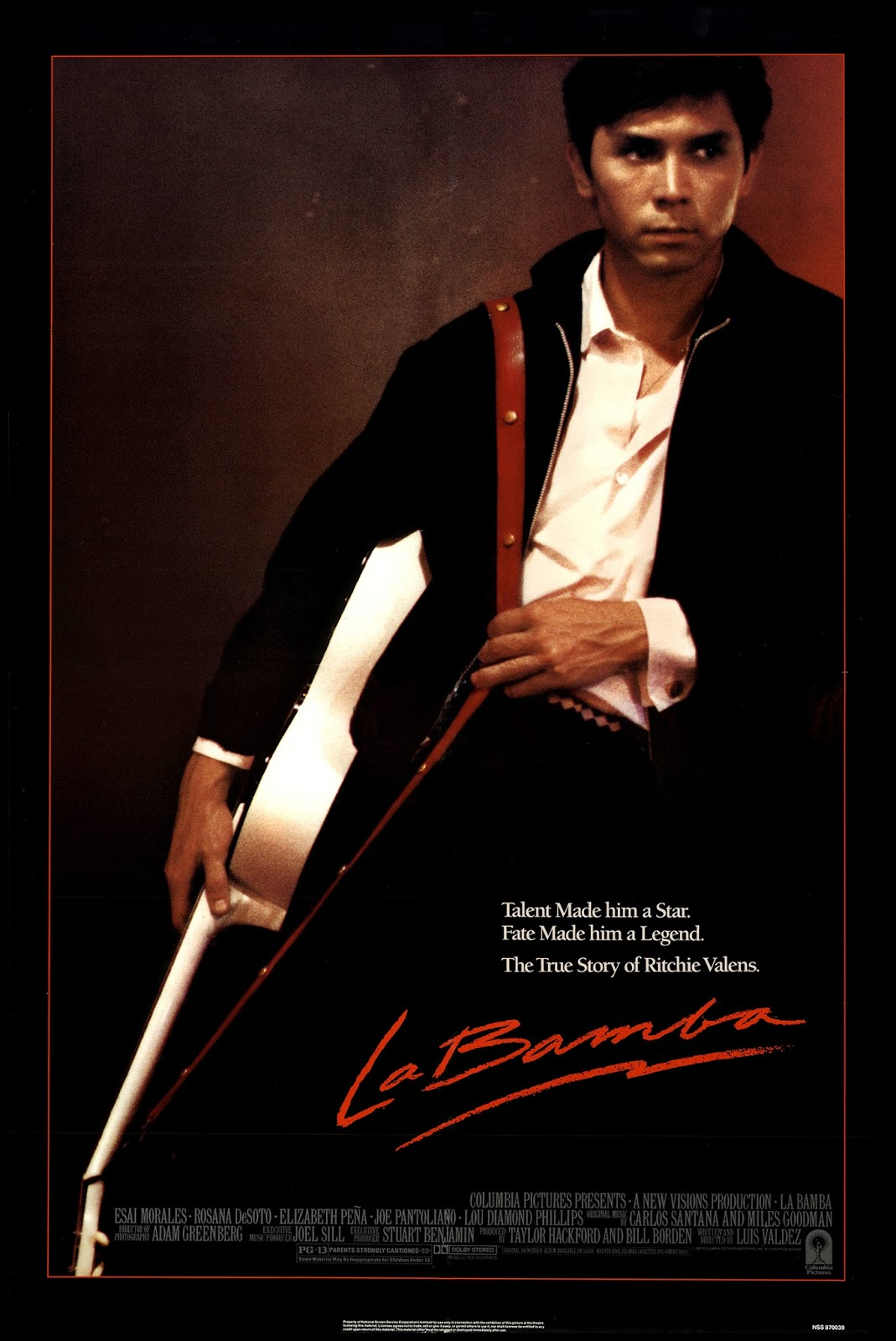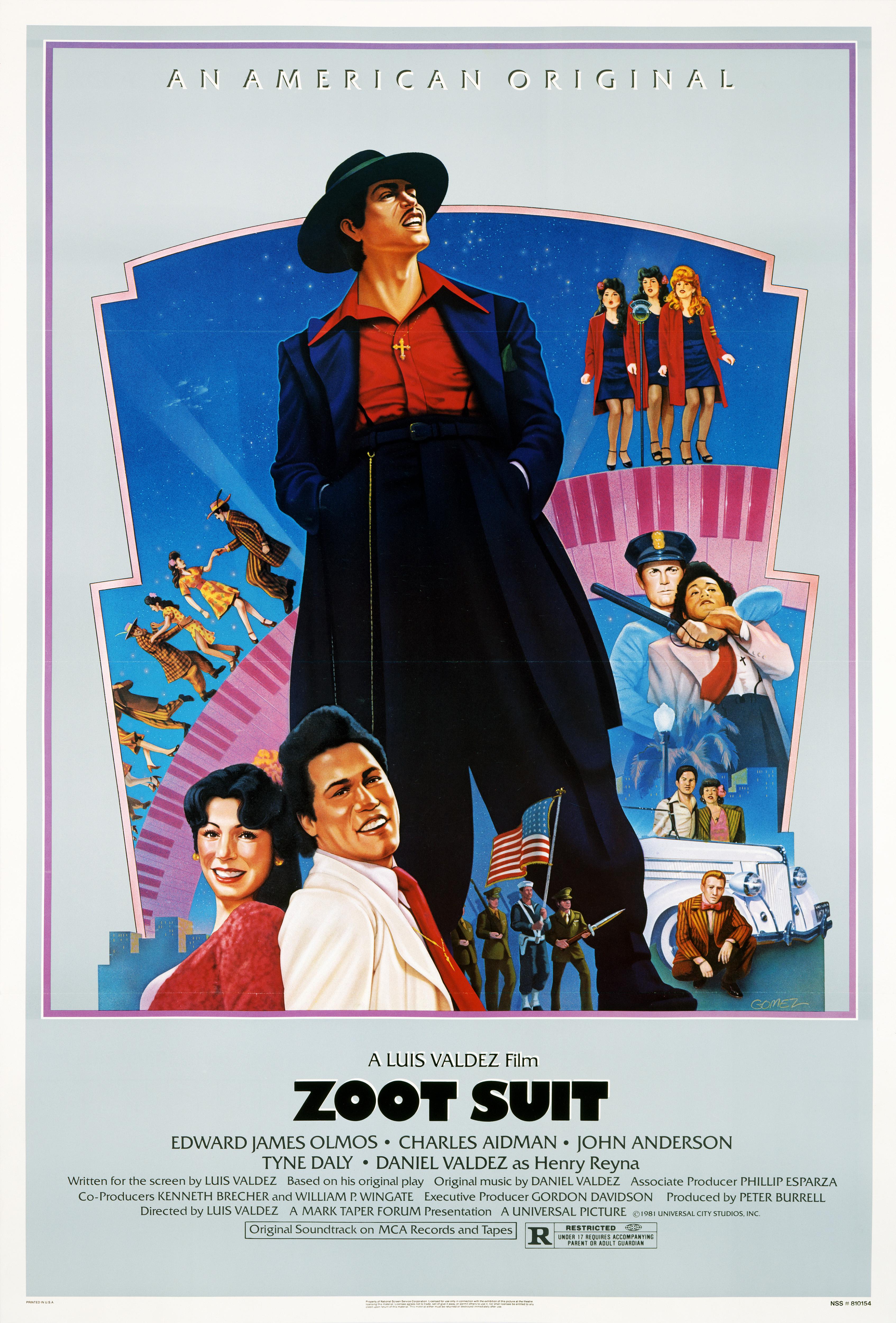When Cesar came back – his name was CC at the time, so I only knew him as CC– he went to the movies and refused to sit on the side. He sat in the middle in the orchestra section with Helen as his date. He figured because he was serving his country, he had a right to sit there. The usher came and complained, but CC wouldn’t move. They got the manager; he still wouldn’t move. They called the police and took him to the police station. It turns out there was no law. He wasn’t breaking any law, so they tried to intimidate him and threaten him. After a couple hours, the police released him hoping that the intimidation had done it, but of course it didn’t. The next weekend all his friends came to the movie theater and sat in the middle section. It was then they desegregated the movie theater in Delano. I remember this quite vividly. I remember the discrimination and then the sudden change.
Now, I didn’t really know who this person was. To me he was CC, he was a pachuco and he was mysterious, but when I went to volunteer to join the grape strike, my mother said, “You’re going to work with CC?” I said, “Is he still around?” She said, “I thought you knew; CC is Cesar Chavez.”
Later I had conversations with Richard and Cesar comparing notes. It turns out because we all followed the migrant path, we were inevitably in the same places at different times. He was older, but we worked on the same ranches for the same growers. There are other stories that connect to that, but more specifically we lived in the same neighborhood in east San Jose, Sal Si Puedes, where he started to organize. Father McDonald, who essentially organized them, was also the priest that married my older sister. I used to catch the bus to go to high school just a block or so from where Cesar lived in the 1950s.


